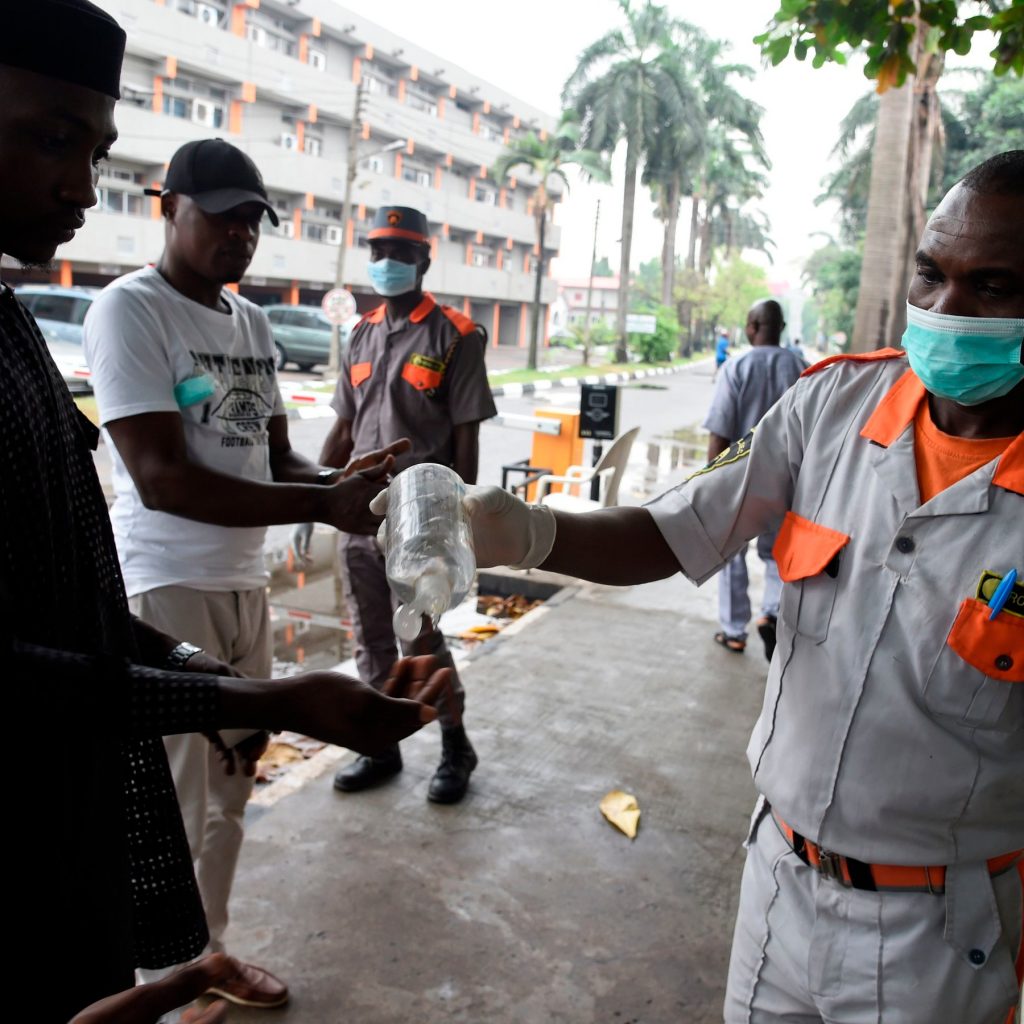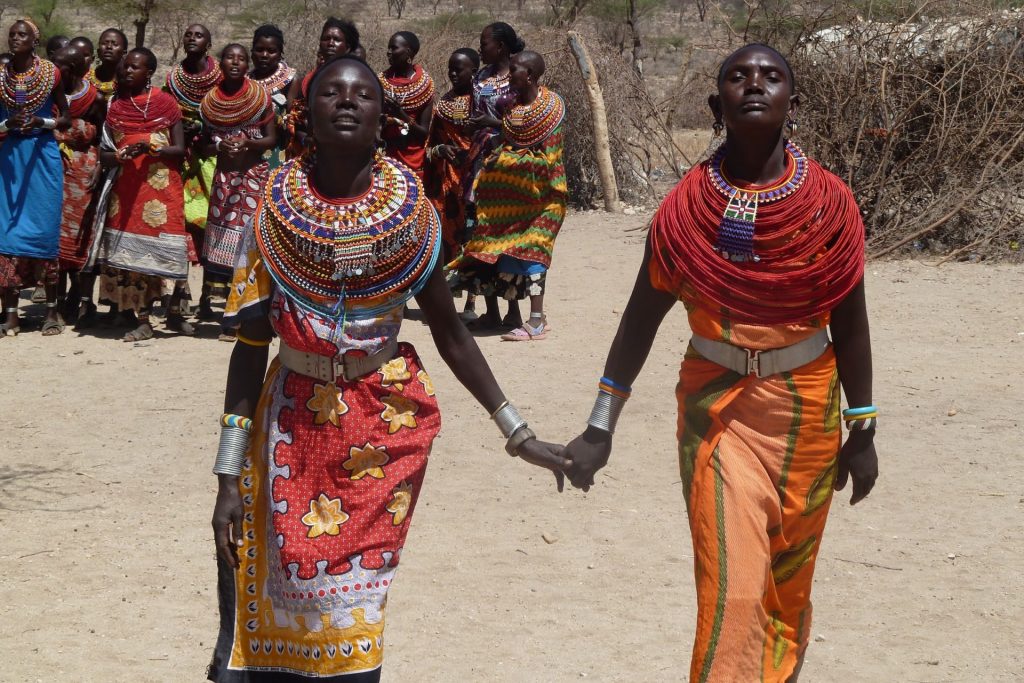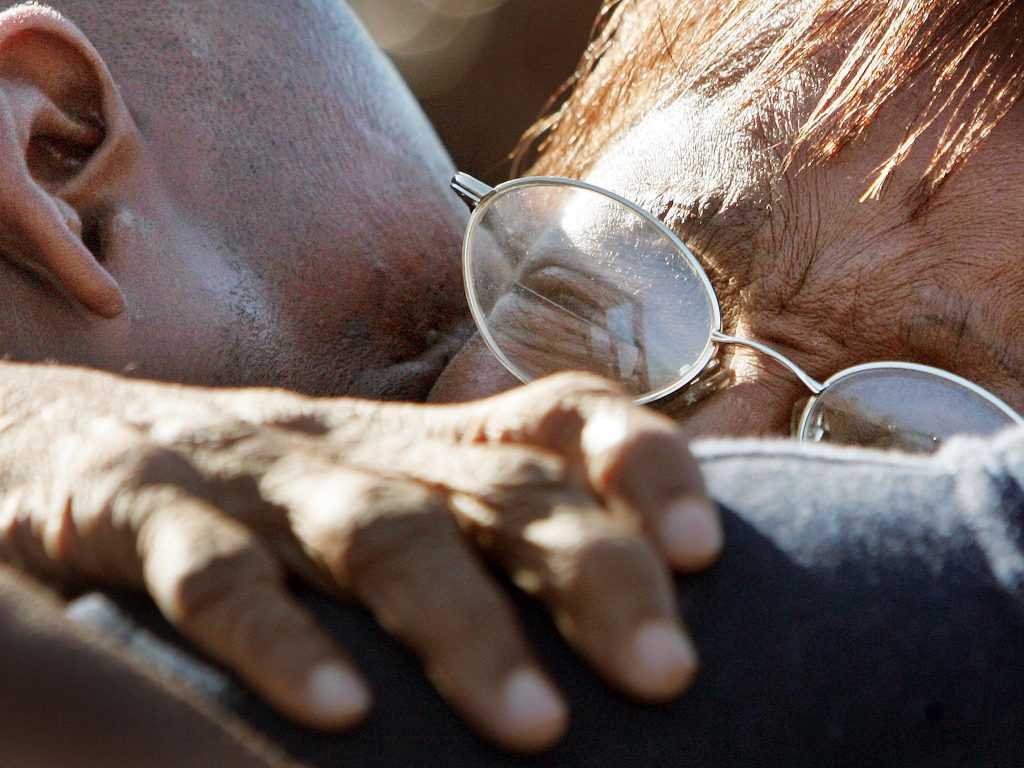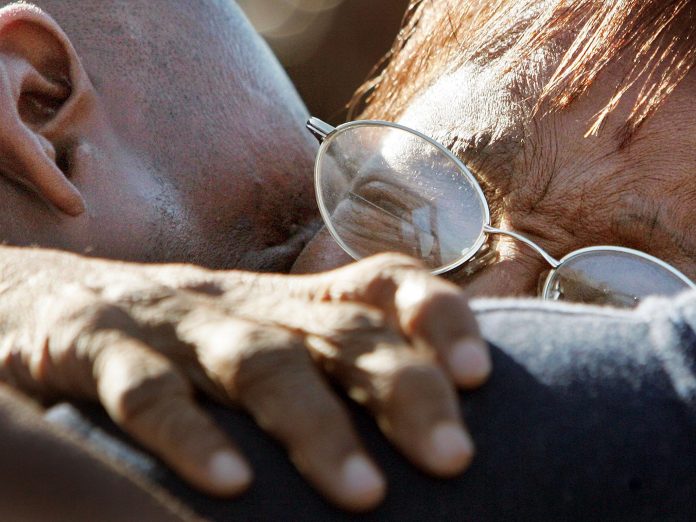Each week, we round up the best writings from across online platforms. These rise above regular reportage, highlighting current issues, the people and the continent – Africa.
Here are the ones that caught our attention:
Coronavirus: What misinformation has spread in Africa?

There is no cure or specific treatment for coronavirus and the claim gives few details about the medicinal properties of pepper soup – a traditional spicy Nigerian dish.
The WHO says the outbreak has caused an “infodemic” of false and misleading information.
Are Nigerian universities producing too many first-class graduates?

Don’t get me wrong. I am not in any way trying to undermine the worth of a first-class. Instead, the point being made is that it is rather pedestrian to reduce the worth of a first-class to be a ticket for employment or attraction to a university. Employers can’t be fooled. They are likely to blacklist any university notorious for awarding questionable first class, which becomes bad publicity for such university rather than a means of attraction in the long run.
Securing women’s property rights in Kenya

Women also face myriad social and cultural problems trying to enforce their rights to use, own, manage and dispose of land and property. Discriminatory social and traditional practices perpetuate the notion that sons should inherit the land, and that women and girls should negotiate the use of land through male relatives.
Nabukenya and Kyeyune: The cost of loss in bereavement

Yet again, we lost another young soul, 33-year-old Daniel Kyeyune, who was recklessly murdered at the hands of police/Local Defense Unit (LDU) security operatives. Several other people got injuries in the scuffle. Now, what a night! What double tragedy! What terrible loss!
Violence, repression: Zim’s scourge

It was a sad five years – 1982 to 1987. Thousands of indigenous people lost their lives and conservative estimates by the Catholic Commission for Justice and Peace put the death toll at 20 000. The total number of people who actually died from the atrocities per day was higher than those of the 15-year-old independence struggle combined casualties.






